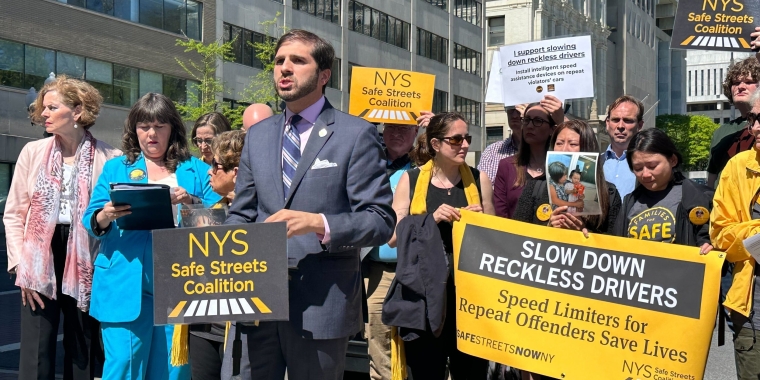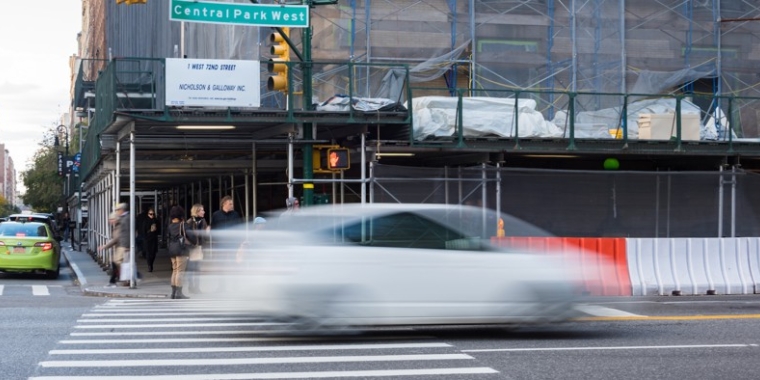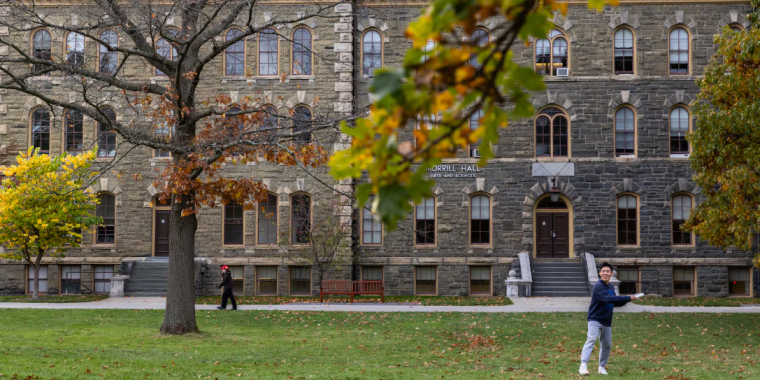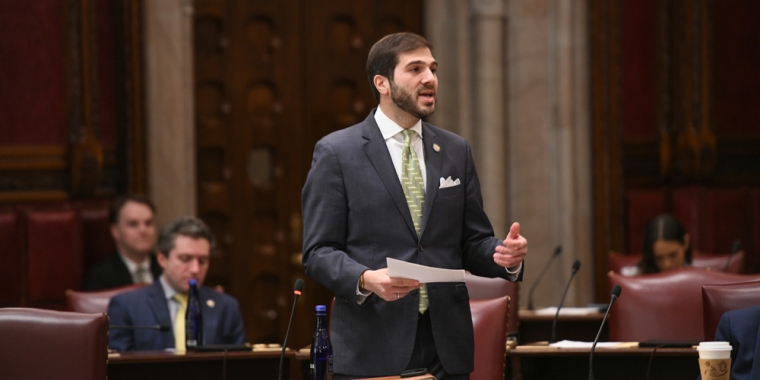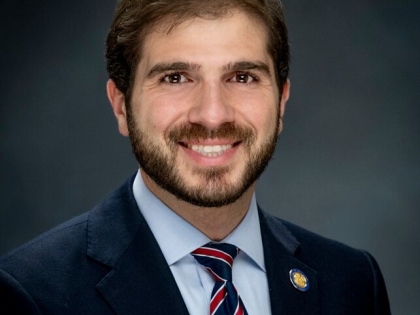
CUNY Braces For Anticipated Budget Cuts Due To Coronavirus Pandemic
City University of New York students and faculty are fighting back against anticipated budget cuts as New York State prepares billions in spending reductions due to the COVID-19 pandemic.
Without federal funding and as the state faces an estimated $13.3 billion in revenue loss "due entirely to the pandemic," Governor Andrew Cuomo is putting together a plan to cut spending by $10.1 billion by the middle of the month, according to Division of the Budget spokesperson Freeman Klopott. Localities could face an $8.2 billion reduction, triggering cuts across a variety of public resources—from CUNY and SUNY to mass transit and social services.
A CUNY budget memo distributed to the faculty's union, the Professional Staff Congress, said up to $95.3 million could be cut from the education system. In anticipation of such cuts, Brooklyn College's administration has already requested program directors submit plans for a 25 percent course reduction for the fall.
A PhD candidate in anthropology at the Graduate Center and adjunct professor at Brooklyn College, Kelsey Chatlosh, says such cuts are preemptive.
"This is an issue for every single adjunct. We have absolutely no job security from semester-to-semester," Chatlosh said. Currently, Chatlosh teaches 104 students across three classes, but says funding issues could result in larger classes and fewer course availability, making it difficult for her to support students, many who are working class and people of color.
"They're the ones who are largely being the most affected by this virus," she added.
Queens College student Enrique Peña-Oropeza and his father both lost their jobs during the crisis and then both ended up in the hospital with the coronavirus.
"As soon as I was able to come back home, I tried contacting different groups and organizations for any financial support because we had already lost most of our savings just paying for last month's rent," he said during a press call with students and faculty demanding investments in CUNY on Wednesday. He's since faced difficulties accessing financial aid as a recipient of the Deferred Action for Childhood Arrivals program, which provides undocumented immigrants certain protections if they came to the U.S. as a child.
Cutting CUNY's budget further, he says, is "inhumane."
Michael Kink of the Budget Justice Coalition said the funding solution is taxing the rich.
"We need a billionaires tax, a multimillionaires tax, a pied-a-terre tax," Kink said during the press call. "These people have money to pay. Albany has the power to tax them."
But Klopott said the Cuomo administration is not considering tax increases.
"The administration places a high value on CUNY and the education opportunities it provides New Yorkers, which is why it increased funding for CUNY 29%—nearly $750 million—prior to the pandemic," he said. "Limiting spending reductions in one funding category will simply require deeper cuts in other categories, and as we have said the middle of a public health crisis is not the time to be raising taxes."
A CUNY spokesperson echoed the state, saying, "badly needed additional federal support has not materialized."
"CUNY joins in calling on the federal government to take prompt action to support New York and stave off potentially deep cuts to our academic programs, campuses and our students," the spokesperson said.
The city is cutting CUNY funds by an estimated $31.6 million in the upcoming fiscal year, the spokesperson added. CUNY did receive some funds through the federal CARES Act for emergency assistance for students.
But hard numbers on the anticipated cuts from the Cuomo administration remain elusive, which lawmakers say makes it difficult to know how to respond.
State Senator Andrew Gounardes said during the press call, "Part of the challenge we're having is that a lot of what we're talking about is just abstract because we expect cuts to be coming because we've been told to expect cuts are coming, but we don't know what those cuts are and we don't know how bad those cuts are going to be."
"We can project, we can assume, we can try to piece together information, but unless we have an actual modified financial plan from the Governor's office and the budget director, it's hard for us to know exactly what we're dealing with and how we can appropriately respond," he added.
Assemblymember Harvey Epstein said the current day-to-day response to the pandemic in their districts is holding back a longer-term strategy for CUNY.
"Everyone loves CUNY and everyone loves higher education and everyone loves to support it, but when push comes to shove, I'm not sure what we're doing," Epstein said. "We need to figure out a path forward. It's gotta be talking to the feds more, but it's also gotta be talking to each other more, and I think we just need to be more organized as we move forward."
"What we're doing, in the interim, we're giving out thousands of boxes of food because people don't have food, or giving out masks, giving out gloves. So we're so drilled down into what we're doing locally that we're not connecting enough to say, 'Oh my God, we need to have a longer term strategy in May, June, August, September, to build something for CUNY,'" he said.
